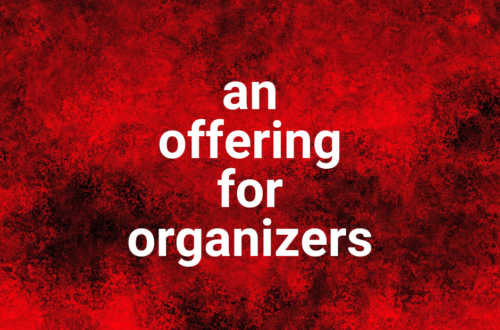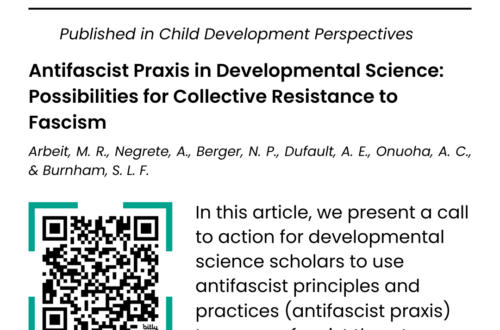After I posted in November about rape culture on college campuses, a curious reader asked me a seriously of strikingly simple and stunningly intelligent questions: “Are men in college inherently complicit in rape culture? Are college men complicit in rape culture simply because they want to sleep with college women? Does rape culture overshadow every joke college men make about sex?”
First, what is rape culture? This blog post is really long, but it’s one of the most popular depictions of what this concept, “rape culture,” means. For an act to be complicit in and to promote rape culture, it does not need to include an act of rape, necessarily.
Rape culture does not necessarily overshadow every joke college men make about sex, but it likely overshadows most of them. Not every college party is necessarily complicit in rape culture, but it’s likely that most of them are. Not all college men are by definition complicit in rape culture, but if they do not want to be complicit in rape culture then they must actively educate themselves and pursue justice. And the same goes for women — for all of us.
Rape culture is tied into many other systems of power and privilege in our society. Most obviously, it is wrapped up in sexism (the power of men over women) and heterosexism (systemic structures of heterosexuality and the assumptions about what it should look like when men and women get together, i.e., he asks her out and not the other way around).
Like other systems of oppression, words and actions that are complicit in rape culture are the norm. They are invisible, unnoticed, because they are dominant. Yes, extreme examples get called out– but the less extreme examples seem normal. Furthermore, the less extreme examples are so similar to most other things we experience in our lives that it is so difficult to call them out as wrong. We see them as just parts of life. By identifying rape culture within the dominant culture of America, we gain the power to name these aspects of the “norm” as hurtful and harmful.
Rape culture can be promoted in multiple layers and in multiple ways. For example, to advertise a college party, one could design a poster to make it clear that all people attending the party will be encouraged to exercise sexual agency. However, what music will be played at that party? Rape culture is rampant in rap music and other popular party tunes. So, there are layers.
In order to throw a party that is not complicity in rape culture, the thrower of said party is going to need to work at it, to be obvious about it, because the assumption, our norm, is rape culture. I’m thinking of a birthday party I attended last year in which a number of things were made explicit, such as, the aspect of the theme you chose for your outfit did not have to be based on your gender. In addition, giving and getting consent was made explicit during the party games. However, the music thing was/is still an issue…
So it’s not an “in or out” kind of thing—is something part of rape culture or is it not… Here’s a parallel: We can be anti-racist—we can work against racism in our daily lives and in our society—but we can’t be non-racist, we can’t claim to be colorblind because that is nonsensical given the prejudices of the society in which we live.



Mimi says:
I know I didn't answer all the questions posed in the first paragraph of this post– I plan on addressing them in future posts! An exploration of the term "rape culture" was needed as a starting point.
Wholly Foolish says:
Glad there are more posts on the way. I really appreciate your analogy to racism, which highlights again the way in which oppressive structures create our environment for good or for ill, whether we actively participate in them or not.
Anonymous says:
I really appreciate this post and am very much looking forward to the next ones on this subject! I'd particularly be interested to hear about perspectives on negotiating social situations where jokes or other activities that could be perceived as part of rape culture are present, but without the intentions of those making the jokes. How can people–of whatever gender–encourage social consciousness of this issue without alienating people who aren't trying to be offensive?
J says:
Hi Mimi,
First off, I am somewhat conscious of rape culture but often shy away from the term in "mixed company" because I think can be jarring or inaccessible to folks who might have otherwise been allies. Any thoughts on this?
Also – I think you address this in your last paragraph, but I want to really highlight it because I'm concerned here about the ideal becoming the enemy of the better. I don't think the goal is for me to become perfectly purged of the biases of rape culture, or to get angry at others or feel guilty about myself because I or someone else is "complicit", right? We're born into a messed up system and anything we can do to chip away at it is good, even if it isn't perfect. Those who want to go further and do more, so much the better, but some folks are going to have priorities that keep them from going as far, and while that may technically make them complicit, it doesn't make them disrespectful or unsupportive. This is all to say that I'd rather people be encouraged to take on one activity or commitment this year towards empowering everybody's sexual agency, than for them to feel like its a lost cause or that too much is being "asked of them".
Also, I'd like to ask you about your definition of sexism when we next see each other, as its a hot issue for me these days.
Carry on, gender gymnast – you are awesome!